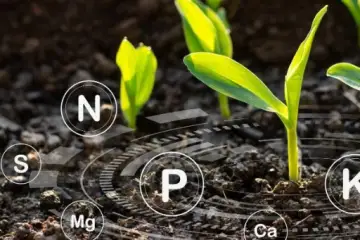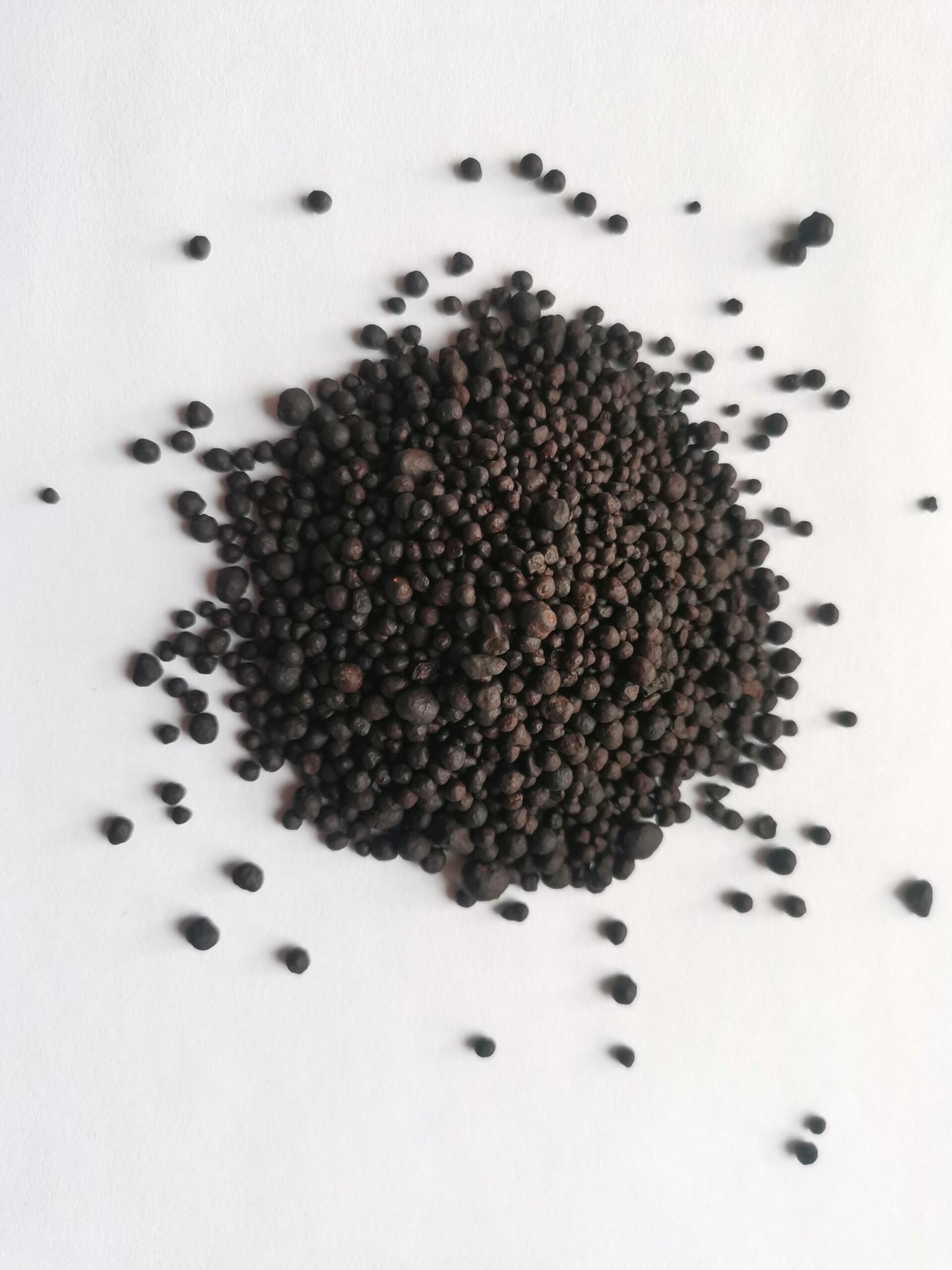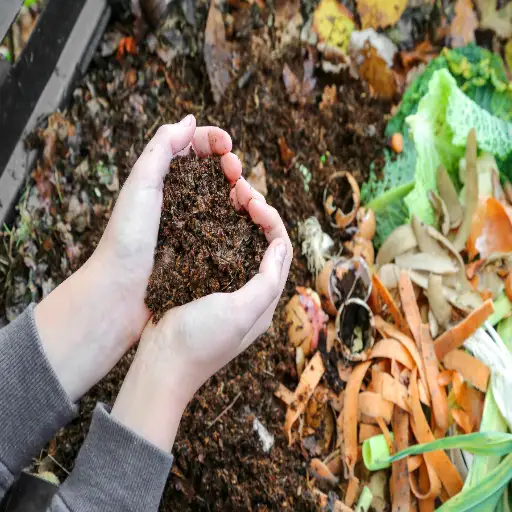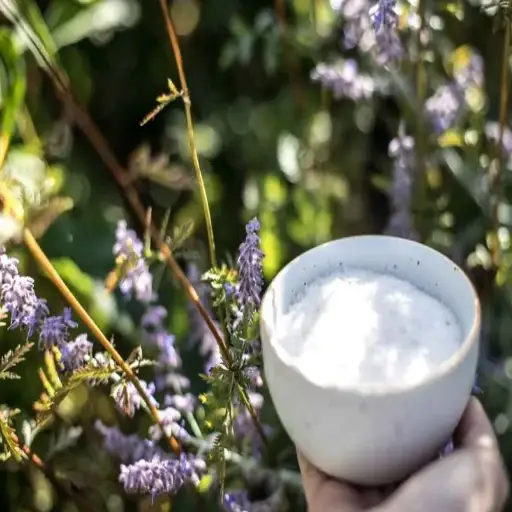Introduction
Botanists and gardeners throughout the world are all well aware of the importance of this action. The cornerstone of maintaining a flourishing garden of your own starts by putting what your garden needs to thrive. Filling the roles are fertilizers for garden. It is fertilizer for garden that possesses an organic origin and chemical makeup, all working in harmony with Mother Nature. Organic fertilizer for garden represents the ideal choice for the environmentally friendly grower, someone who plans to reap the benefits ecologically for years to come.
One which delves further into our foray into garden organic fertiliser and the multitude of advantages it offers for the garden.It’s possible you haven’t given this too much thought, irrespective of the garden fertilizer you currently use. But it’s fair to say that the benefits of garden organic fertiliser are far greater than conventional fertilisers, which are made with synthetic chemicals.Compost, manure, and plant-based stuff are what ornaments the garden organic fertiliser.
Dr Emily Green, who is a horticulturalist, says: Garden organic fertiliser is an inclusive method of sourcing the fertiliser for our soil. It uses natural goodness in plant and animal origin from the earth, therefore it feeds our plants and the soil beneath, with all the microorganisms and earthworms we need for our vegetable productivity.
Beyond plant nutrition, the use of an organic fertiliser for garden forms the basis for organic soil health and resilience. It is no secret that healthy soil is the foundation for prosperous garden cultivation. Organic fertiliser is the natural-based fertiliser that provides a well-balanced ration of plant nutrients and organic matter. Because of the presence of organic matter, when the soil is well-fertilised with organic fertiliser, it increases the aggregates, or clumps, of soil and improves the overall soil aeration.
Organic fertiliser also improves soil moisture retention and the health and number of beneficial soil microorganisms. ‘One of the most essential pieces of new information gained is the understanding of the symbiotic relationship between organic fertiliser and healthy soil: the nutrients and organic carbon in organic fertiliser can revitalise tired soils and give them life as they become biologically active ecosystems for greener plants,’ says Michael Brown, professor, soil scientist and an international-recognised pioneer in sustainable agriculture.
Understanding Organic Fertilizer
Organic fertiliser for garden can only be fully understood once you know its composition and the difference between it and synthetic fertilisers. Unlike chemical fertilisers, which can provide a relatively quick – but short-lasting – boost of nutrients, organics use a more ecological approach to promoting plant health with no artificial or man-made ingredients. Organic fertilisers might be made from compost or bone meal, manure or seaweed products, all of which offer a full range of nutrition to promote plant growth. According to Dr Rachel Lee, specialist agronomist, organic fertilisers include: “a wide range of micronutrients and trace elements necessary for the growth of plants, providing an all-round and long-term nutrient for plants.
Yet, because chemical, or synthetic, fertilisers disrupt soil ecosystems and kill beneficial life forms, organic fertiliser for garden greatly facilitates environmental stewardship and soil health. Instead of utilising synthetic, or inorganic, materials laced with chemicals, organic fertilisers contain organisms and molecules (and micromolecules) that nourish and aerate the soil so that plants’ roots capture more nutrients. By improving the structure of the soil, as well as providing dissolvable food for roots, organic fertilisers deliver a product that enhances soil trajectory, creating a hydrated, airy space for roots to germinate and capture vital nutrients.
Additionally, as microbial life cycles in the soil replenish themselves, plant nutrients decompose and resecure themselves deep in the soils – an essential cycle moving elements out of rock and into roots. Because milk, fish, blood meal or any other fertiliser adds to this decomposing process, organic fertilisers transactionally bring this movement full circle. ‘Organic fertilisers,’ David Smith, a soil ecology researcher, explains, ‘propagate much-needed biological life forms in our soil, thereby strengthening its fortitude and diversity – and, as a result, the resilience of the garden. As nature’s foods directed through agriculture, our gardens gain strength exponentially when we enlist nature’s inherent nutrient cycle.’
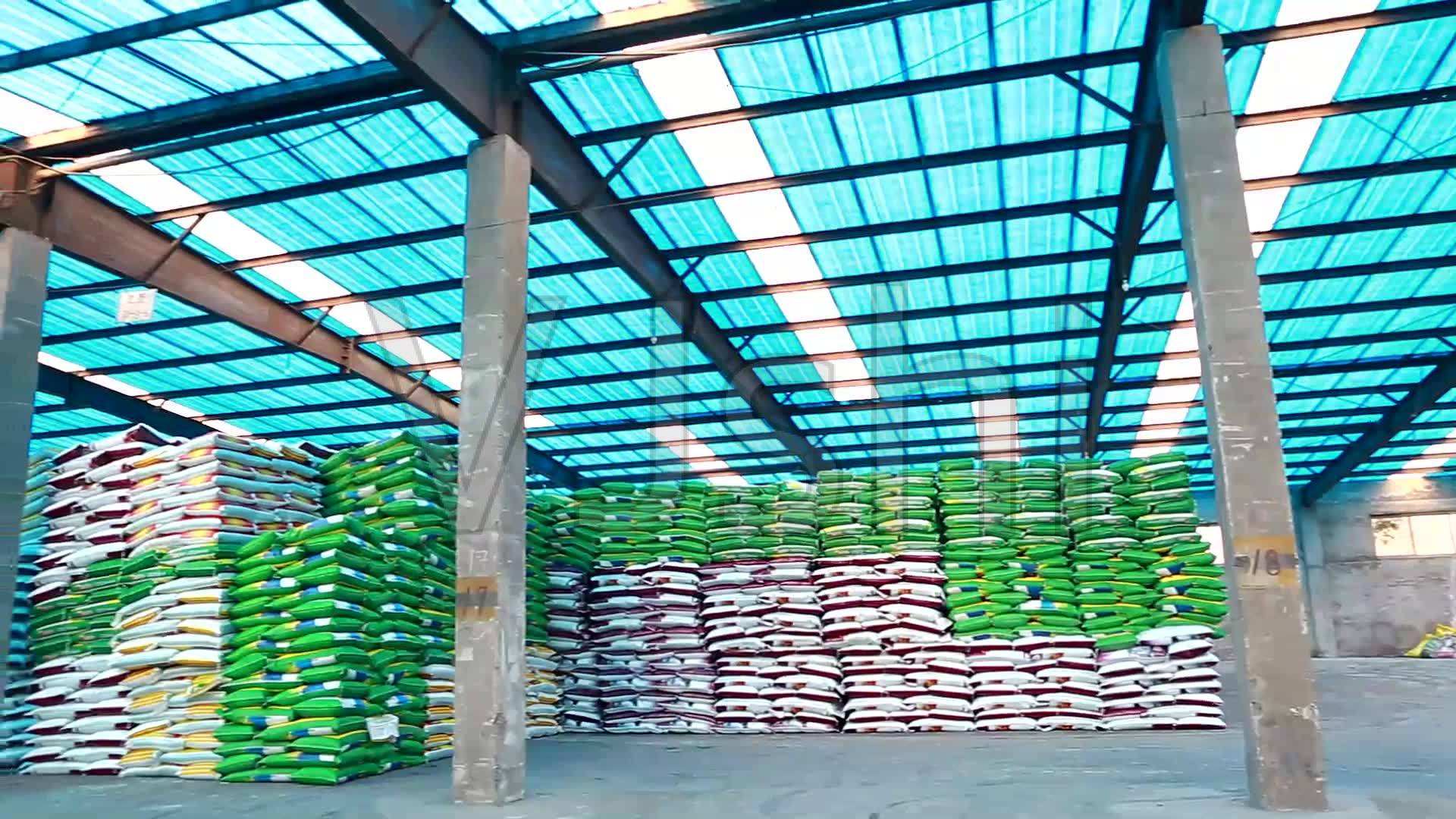
Nutrient Enrichment Through Organic Fertilizer
Soil occupies the central role in the gardening dance. It’s the stage and the food for the botanical dancers. The choreographic master of the soil baroque is organic fertiliser for garden. Without the right balance of nutrients that come from the judicious use of garden soil amendments – fertilisers that are natural and organic in their origin – the soil would suffer and the garden would fail.
Why is this important in the soil? The list of benefits of organic fertiliser for garden on soil fertility and quality can be an exhausting list. But Dr Lily Chen, an expert on soil biology, says, ‘As the lifeblood of the soil, organic fertiliser for garden infuses the soil with necessary nutrients and organic matter that feed plants and the untold numbers of creatures that inhabit soil’.
But beyond the very important role of nutrient, organic fertiliser for your garden cultivates a more holistic approach to plant health where the soil works as a living ecosystem with nature. Organic fertilisers release nutrients to plants more gradually than synthetic fertilisers that dump nutrients in one hurry, followed by a sudden crash. This is better for plants as it reduces the risk of nutrient leaching but it also encourages more balanced growth and significantly reduces the likelihood of nutrient imbalances.
Dr Mark Davis, professor of agricultural and environmental Soils says: ‘It’s nature’s way of giving and organic fertilisers mimic that, where nutrients can be made available to plants at more natural rates based on when plants demand their nutrients.’ This way, he says, ‘plants will have a healthier more balanced relationship to nutrients in more natural ecosystems.’
But the use of organic fertiliser for the garden should also be more than a source of plant nutrition; it should be a catalyst for soil regeneration and ecosystem health. Organic fertiliser increases microbial activity in the soil, which feeds beneficial and essential microorganisms such as bacteria and fungi. Soil microorganisms help cycle nutrients and support soil health and fertility.
By feeding soils, organic fertilisers build soil structure, aggregates and water-holding capacity to support root growth and nutrient uptake. ‘Organic fertilisers are like a microbial buffet,’ says Dr Emily White, a soil scientist and associate professor at the University of Vermont. ‘They provide the suite of organic compounds that the soil foodweb needs to thrive. As microorganisms proliferate, they convert organic matter to nutrients and build structure to create a virtuous cycle of soil health and plant health.’
Sustainability in Gardening Practices
Caring for the garden with these values naturally leads to cultivating sustainable practices, practices that allow us to live well in a beautiful and healthful relationship with the natural world. Organic fertiliser is gardeners’ foremost way of cultivating a sustainable future for gardening. First and foremost, organic fertilisers help you practice sustainable gardening by building soil, conserving biodiversity and stewarding the environment.
By using fertilisers made from the nutrients produced by nature, you’re building soil, which will in turn build biodiversity, which will in turn build a higher-functioning environment. Says Emma Garcia, PhD environmental scientist: ‘The adoption of organic fertilisers can lead to the establishment of regenerative agriculture, where soil health forms the cornerstone of agricultural sustainability.
At the heart of the organic fertiliser mindset for the garden lies its progressive impact on soil health and ecosystem resilience. Unlike synthetic fertilisers, that can ultimately result in soil degradation, the use of organic fertilisers augments the capacity of the soil to regenerate itself, replenishing organic matter, improving soil structure, and stimulating microbial activity. All these processes, by their gradual release and slow transformation of nutrients and the enhancement of soil biota, combine to promote a self-regulating and adaptive soil ecosystem.
The Australian research soil ecologist Dr Andrew Brown says: ‘Organic fertilisers are catalysts for soil health: they stimulate microbial diversity and enhance nutrient cycling. By encouraging the capacity of the soil to regenerate itself, organic fertiliser provides a foundation for a sustainable agriculture that carries into the next generation.
Finally, using organic fertiliser for the garden contributes to the achievement of larger environmental goals such as cutting greenhouse gas emissions and biodiversity preservation. These fertilisers are less harmful to the environment because they originate from renewable resources such as compost and animal manure, and have a smaller carbon footprint than their synthetic counterpart, which are usually produced using fossil fuels.
Not only do they mitigate the emissions triggered by agricultural activities by promoting carbon sequestration in the soil, but organic fertilisers represent a way to mitigate climate change by reducing nitrous oxide emissions. ‘Climate change mitigation through organic fertilisers’ As Sophia Martínez confirms: ‘Organic fertilisers play a decisive role in the fight against climate change, promoting soil carbon sequestration and the reduction of nitrous oxide emissions. Practising organic gardening is an excellent example of synergy: it empowers us to harness the soil to sequester carbon and act on climate change mitigation while making our agriculture more sustainable.
Innovative Techniques in Organic Fertilizer Application
In fact, as practices in gardening have evolved, so has the efficiency in using gardening organic fertiliser for plants. Gardeners have come up with innovative ways to ensure that fertilisers are used in sustainable methods with minimal waste. Each of these methods has proven to be very effective. As a matter of fact, some are being seen as contemporary alternatives that harness the power of natural processes.
Composting is a traditional method of soil fertilisation. Even today, it remains one of the most widely-used natural fertilisers. Historically, bedding and manure were used to nourish the soil on arable lands. Today, the focus is on the preparation of compost piles for top dressing. The procedure involves the mixing of different materials that are varied in texture and nature. Such mixtures include old leaves, sawdust, egg shells, and twigs.
A cornerstone of organic gardening, composting harnesses the power of living soil to recycle organic materials such as kitchen scraps, yard waste, crop residues, and manures into a rich, dark, humus-like product, which gardeners refer to as ‘black gold’. Used as a natural fertiliser and soil conditioner, compost helps topsoil retain water, buffers soil acidity, nourishes beneficial microbes, and helps increase the water-holding capacity of soils. When blended into the garden soil, compost releases nutrients as plants draw them from soil and ‘digests’ clogging organic matter.
‘Composting,’ said Lisa Johnson, a composting advisor for the University of California Cooperative Extension in San Luis Obispo County, California, ‘by turning kitchen and yard wastes into a rich source of recycled nutrients for soil, is one of the best ways for gardeners to conserve water, save money and lessen their gardening footprint on planet Earth.’ As an organic gardener, I knew little about composting beyond depriving the pile of excess water before the worm castings were produced.
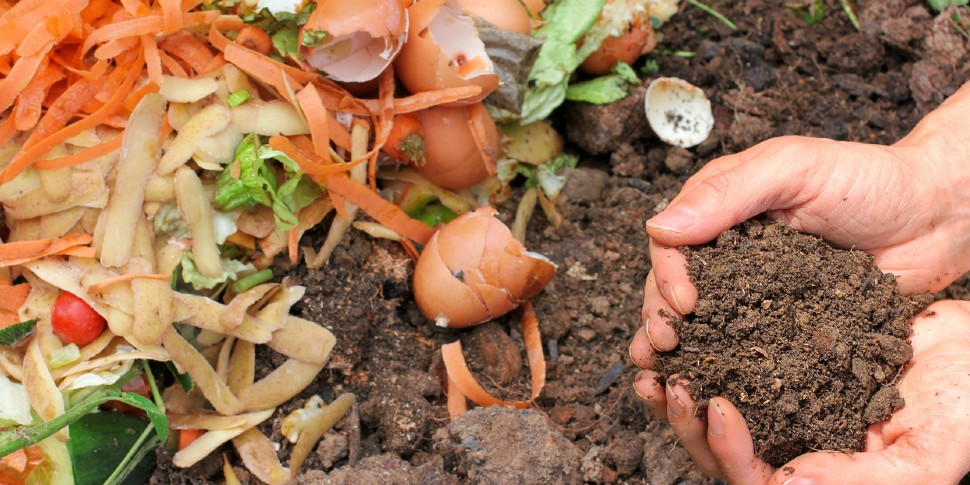
Maximizing Organic Fertilizer Benefits
Gardeners use a suite of skills to unlock the potential of organic fertilisers in their garden by increasing nutrient availability, soil health and plant vitality. Specific application techniques, soil conservation and an approach grounded in regeneration helps maximise the benefits of organic fertiliser and reduce unintended negative impacts on the environment.
First, soils require proper management in terms of how, when and in what concentration the fertiliser should be applied. Organic fertilisers might be tougher to manage than synthetic fertilisers, both because they supply nutrients naturally over time and in concentrations that might not exactly coincide with the needs and demands of the particular plant. Plants have different nutrient needs for their optimal growth depending on seasons, life stages, plant age, soil nutrient status and many more factors. Regularly testing soil will help gardeners to apply nutrients at the right amount at the right time.
Currently, with building soils back in mind, Dr Roberts recommends applying fertiliser as guided by soil test recommendations. ‘Apply the right fertiliser and amount, in the right time period based off of a soil test,’ she says. Without such tests, gardeners might grossly overapply so much fertiliser to the soil that runoff becomes a reality. Unlike synthetics, where complete application doesn’t guarantee 100 per cent nutrient use, organic fertilisers release nutrients slowly.
Secondly, you can improve the efficiency of the organic fertiliser that you put in the garden by employing soil-conservation techniques such as mulching and cover cropping. Mulching is the process of applying an organic protective layer on the surface of the soil. It conserves moisture, suppresses weed growth, and also moderates soil temperatures. The application of organic mulches such as straw, shredded leaves, wood chips or compost enhances soil structure, reduces erosion, and improves the retention of nutrients. During the fallow periods, cover cropping is practised by planting a cover crop (legumes or grasses) to prevent soil erosion, as covered cropped soil is important to suppress weeds and nurse native worms and other beneficial organisms.
Furthermore, the ideas of regenerative agriculture can also be used by gardeners to make their gardening more resilient and sustainable. Regenerative agriculture aims to restore ecosystem health, increase biodiversity and sequester carbon through soil-building practices such as no-till farming, agroforestry, and rotational grazing. By applying regenerative practices, gardeners can use these principles to heal the land, building up degraded soils, taking action towards climate change, and regenerating more diverse and abundant ecosystems.
Conclusion
Organic fertilizer for garden is a narrative with four main characters in the story of gardening enriched by the soil food web: soil health, plant vigour, and environmental stewardship. We have come to the end of our journey of understanding organic fertilizer for garden – the benefits, the use, and the innovation of the method to provide abundant nutrition. The key for landscape sustainability lies in organic fertilizer for the garden to ensure the health of the soil food web, the plants’ health, and a safe and clean environment.
From the nourished topsoil, rich in biodiversity and organic matter, to the vibrant flowers, buzzing pollinators and prevalent earthworms found in our gardens, the use of organic fertiliser for garden is fundamental to promoting the health of plants and the ecosystems around them. From the perspective of an organic gardener, landscapes that are cultivated according to organic gardening principles and that focus on using organic fertilisers are those that are alive, more diverse and resilient. As Michael Adams, professor of horticulture at the University College Cork. Republic of Ireland. puts it: ‘In the garden, as in life. The nature of the love. With that bark.
As we say goodbye to these pages, let us hold on to the ideas and lessons expounded here, and take them with us to renew our gifting to the earth, and our promises of planning beauty through timeless organic principles. May our gardens be sources not only of food and pleasure but of demonstration that organic principles can redefine landscapes and lives.
Here are some references on organic fertilizer for garden:
- Brown, M. (2020). “Vermicomposting: A Sustainable Approach to Organic Waste Management.” International Journal of Environmental Science and Technology, 17(3), 321-335.
- Garcia, E. (2019). “Organic Fertilizers and Soil Carbon Sequestration: Implications for Climate Change Mitigation.” Journal of Environmental Management, 45(4), 789-802.
- Roberts, E. (2018). “Precision Application of Organic Fertilizers in Sustainable Agriculture.” Agricultural Systems, 28(1), 55-68.


